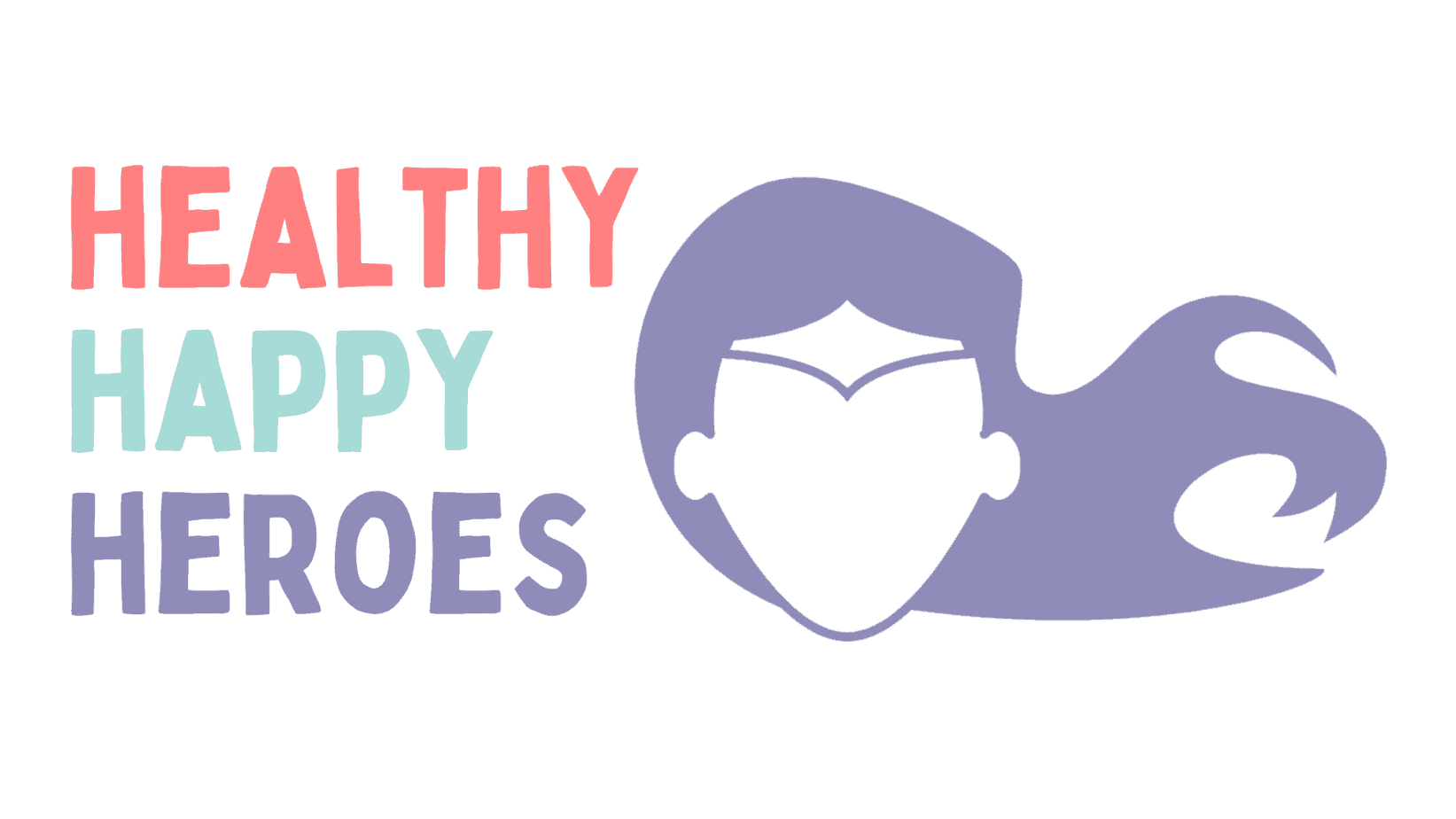Mental health is a hot topic today, and as such, it’s time to break down the differences in mental health between men and women. Current research shows that women are at higher risk of mental health issues.
One of the factors involved is the pressure society puts on women. Gender disparities play a crucial role in the topic and can’t be overlooked. We’ll explore these issues and more in detail in this article.
Read on to understand the differences in men’s and women’s mental health, how each gender reacts to issues like anxiety or trauma, and what factors play a role in this predicament.
What’s the Difference Between Genders in Mental Health?
Gender impacts mental health. Problems with mental health vary depending on a person’s gender and sexual biology. Our society treats men and women differently, which affects their mental health.
The gender gap is shocking when we look at differences in mental health issues among young girls vs. young boys, adolescents, and adults. Women are more likely to be diagnosed with depression, anxiety, eating disorders, PTSD, and more.
What are some of the underlying factors that affect mental health? Genetics plays a role in mental health problems. A person’s life experiences can also affect their mental health. And women often have different experiences moving through life than men, creating unique effects.
When you examine someone’s mental health problem, you must examine the causes of their mental health problems to get the right diagnosis. Next, you’ll learn about the differences between men and women for specific mental health issues.
A Closer Look at Gender Differences With Mental Health Issues
Depression
About one in twenty people suffer from depression, and women are more likely to have it. Various factors, like genes, economic condition, or social status, play a role in depression.

Depression, also called major depressive disorder, may lead to the inability to work and a loss of joy in life. According to the World Health Organization, about 4% of men are depressed, compared to about 6% of women.
Anxiety
Here’s another common mental health problem. The National Institute of Health estimates that around 31.1% of people experience some kind of anxiety disorder at some point. At any given time, women are more affected by generalized anxiety.
About 3.7% of women have it, while only 1.9% of men have it. Note that women may be more likely to seek treatment, making their rate of anxiety appear higher.
Trauma
Prepare yourself for a daunting statistic: About 20% of women worldwide experience sexual violence or rape at some point. It’s a chilling number that helps explain the higher levels of mental health issues among women. Violence against women leads to depression, anxiety, PTSD, and more.
Other forms of trauma include domestic violence, abandonment, severe poverty, and natural disasters. Any kind of trauma may lead to PTSD, which is rather common. The National Center for PTSD reports that around 10% of women suffer from PTSD at some point, compared to only about 4% of men.
Eating Disorders
Next up are eating disorders. It’s no secret that women are under pressure to look a certain way, which may lead to obsessive thoughts about eating and weight. When you have nonstop thoughts and destructive behaviors revolving around food, it’s an eating disorder.
With eating disorders, you’re more likely to also experience anxiety or depression.
Anorexia and bulimia occur at higher rates among women than men. Men do, however, experience these mental issues. Binge eating disorders are twice as high in women as in men.
Women and even young girls may suffer from eating disorders. According to the American Addiction Centers, about 70 million people around the world have some kind of eating disorder – only a third of which are men. These mental health conditions generally stem from cultural, behavioral, or genetic influences.
If you have an eating disorder, you’re more likely to suffer from low self-esteem. You may feel an immense weight on your shoulders to shed pounds or look as skinny as possible. Your body image may be severely affected by your thoughts about weight.
Suicide
Another heavy topic is suicide. More women than men attempt suicide, possibly brought on by depression or other chronic health conditions. Men experience more fatalities from suicide attempts at much higher rates than women.
This statistic is likely explained by the fact that suicide attempts by men tend to be more violent (usually involving guns).
Sociocultural Imbalances
Society puts pressure on women in a unique way, causing imbalances in multiple areas, including healthcare. One study even showed that women weren’t as likely as men to get financial aid for healthcare.
Women experience higher rates of stress due to these expectations, and they’re more likely to be harassed or face discrimination by men.
Variations in Healthcare
Women and men often have different experiences in clinics and healthcare facilities. The gender difference is exaggerated in developing countries, particularly those where women have fewer rights. Governing bodies may regulate a doctor’s communication with women. Plus, women may feel stonewalled into withholding critical information about their well-being.
If women face judgment or ridicule when presenting their healthcare needs to healthcare professionals, they’re less likely to seek and receive proper treatment. Women may not even have access to proper healthcare based on their country’s laws. Such discrimination further aggravates mental health issues among women.

Substance Use Disorders in Women
Generally speaking, substance abuse is a messy business. It’s a serious matter that impacts a person’s entire life, from their relationships to their finances and career. Of course, substance use and abuse affect mental health.
More men than women are in treatment for substance use disorders, though women develop substance use disorders at about the same rate as men. Illicit drugs, in particular, are more likely to be used and abused by men than women.
As with some other mental health disorders, women are more likely than men to seek treatment for substance use problems.
The National Institute on Drug Abuse reports that women may be more likely to crave drugs and relapse after quitting. Women may also react differently to drugs than men.
Further, women who experience domestic violence are at greater risk of falling into substance abuse patterns.

